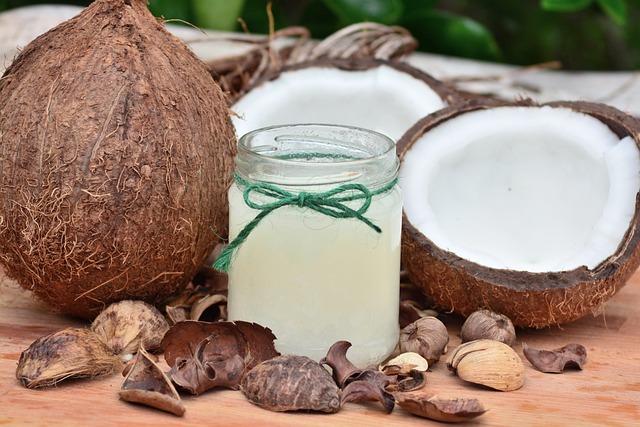The Ultimate Guide: How Probiotics Boost Your Digestive Health
Welcome to our ultimate guide on the topic of probiotics and how they can improve your digestive health. Let’s dive right in and explore the wonderful world of these beneficial microorganisms!
What Are Probiotics?
Probiotics are live bacteria and yeasts that are good for your health, especially your digestive system. They are commonly referred to as “friendly” or “good” bacteria because they help keep your gut healthy.
You might be surprised to learn that not all bacteria are bad. In fact, your body hosts trillions of bacteria, with the majority residing in your gut. Probiotics contribute to this microbial community and play a crucial role in maintaining a healthy balance of bacteria in your digestive system.
How Probiotics Work
The main function of probiotics is to improve the balance of good and bad bacteria in your gut. They do this by:
- Producing natural antibiotics that fight harmful microorganisms
- Competing with bad bacteria for nutrients and adhesion sites in your gut
- Stimulating your body’s natural defense mechanisms
Probiotics also help break down food particles, absorb nutrients, and produce vitamins, such as vitamin K and some B vitamins.
The Benefits of Probiotics for Digestive Health
Probiotics offer several benefits when it comes to your digestive system. Let’s take a closer look at some of these advantages:
1. Improved Digestion
Probiotics aid in the breakdown of food and the absorption of nutrients, which can alleviate common digestive issues, such as bloating, gas, and constipation.
2. Enhanced Gut Health
By maintaining a healthy balance of bacteria, probiotics help promote optimal gut health. This can reduce the risk of gastrointestinal infections and inflammatory bowel diseases like Crohn’s disease and ulcerative colitis.
3. Boosted Immune System
A significant portion of your immune system resides in your gut. Probiotics enhance the immune response of your gut-associated lymphoid tissue, helping you fight off harmful pathogens more effectively.
4. Reduced Antibiotic-Related Side Effects
Taking antibiotics can sometimes disrupt the natural balance of bacteria in your gut, leading to side effects like diarrhea and yeast infections. Probiotics can help restore this balance and mitigate these unwanted effects.
Sources of Probiotics
Probiotics occur naturally in certain foods as well as in dietary supplements. Here are some common sources of probiotics:
1. Yogurt
Yogurt is perhaps the most well-known probiotic-rich food. Look for yogurts labeled with “live and active cultures” to ensure you’re getting a good dose of beneficial bacteria.
2. Kefir
Kefir is a fermented beverage that contains a variety of live bacteria and yeasts. It’s similar to yogurt but has a thinner consistency and a slightly tart flavor.
3. Sauerkraut
Sauerkraut is fermented cabbage that provides a healthy dose of probiotics. Be sure to opt for unpasteurized sauerkraut as pasteurization kills the beneficial bacteria.
4. Kimchi
Kimchi is a traditional Korean side dish made from fermented vegetables. It’s rich in probiotics and adds a tangy, spicy kick to your meals.
5. Supplements
If you find it difficult to incorporate probiotic-rich foods into your diet, you can opt for probiotic supplements. Consult with your healthcare provider to determine the right supplement for you.
Conclusion
Probiotics are nature’s superheroes when it comes to improving your digestive health. By balancing the bacteria in your gut, these friendly microorganisms offer numerous benefits, including improved digestion, enhanced gut health, boosted immune system, and reduced antibiotic-related side effects. Incorporating probiotic-rich foods or supplements into your daily routine can help you maintain a healthy gut microbiome and enjoy better overall well-being!







